Apraxia Treatment: ReST For Beginners - Research
Source: Murray, E., McCabe, P., & Ballard, K.J. (2014). A Systematic Review of Treatment Outcomes for Children With Childhood Apraxia of Speech. American Journal of Speech-Language Pathology, 23, 486–504.
There are many more sources listed on the University of Sydney website, they really are the pioneers for this approach and they have an incredibly helpful website that is easy to navigate; I'll link to several helpful sections in this article.
What does ReST stand for?
Rapid Syllable Transition Treatment
ReST - is Rapid Syllable Transition Treatment. If you are new to ReST like I am, it’s been helpful for me to start with laying the foundation and saying how it is similar and different to the Cycles approach for phonology. Cycles and ReST are very different - but I've found Cycles gives me a framework in which to start understanding ReST. So, this isn’t Cycles, but you know how in Cycles you focus on a word set - usually 5-6 words within a specific phonological pattern - and the idea here is that will generalize? With ReST you have a nonsense word list, and it's a very specific word list set. The idea here is that after sessions with this nonsense word list, patterns will generalize.
ReST uses the principles of motor learning, so this is totally a motor based approach. There will be sets of nonsense words and stress/or beats will be a focus. Also there is no homework with ReST which a lot of SLPs and parents like.
It’s also intensive - you’ll do 12 hours of therapy. Studies have talked about 2-4 sessions a week, followed by a six week break. That’s awesome but of course doesn’t work for all settings, but that doesn’t mean the treatment techniques won’t be helpful, so let's start with how to begin.
Apraxia Treatment: ReST For Beginners
How do you begin with ReST?
Based on the child’s level, you’ll start with 2 syllable or 3 syllable nonsense words in a word set. At minimum, a child must be able to have some CV structured syllables to start ReST, otherwise focus on those CV syllables and don’t start ReST until you’ve got them.
If you are interested in the initial steps, see: http://sydney.edu.au/health-sciences/rest/training-package/process.shtml
The basics are if the child produces at least 4 vowels, 4 initial consonants and 5 2-syllable words consistently, you’ll do 3 syllable nonsense words. If not, you'll start with 2-syllable nonsense words.
So your first target is - in either 2 or 3 syllable words based on the learner - to produce their nonsense word set with 80% accuracy in 100 trials across 2 sessions.
Your nonsense word set will focus on 4 consonants, 3 long vowels (like eeeee) and a schwa. The website has helpful word lists to assist in the beginning, which I'll link to in a bit.
Apraxia Treatment: ReST For Beginners
How to pick your targets?
Your client should already have the consonants in syllable-initial position. For example, in the word “baby” let’s say your client says “bay-eee” - then they’ve got that initial /b/ in the syllable and so initial /b/ would be an acceptable target for your nonsense words. There are also lots of handy word lists here:
http://sydney.edu.au/health-sciences/rest/resources/therapy-materials.shtml#wordlist
When choosing your 4 consonants, first again making sure your client can say the consonants in syllable initial position, make sure you have ONE voiced and ONE voiceless sound, and that you are choosing VARIED targets. Specifically with manner - you want variety here so think of targets that vary in manner (nasals, liquids, plosives etc). An example of a good set to start with: /b, f, g, t/. Again - the idea behind this is that it WILL generalize to real words.
So, you have your word list - let’s say you are targeting 3-syllable words with those initial recommendations /b, f, g, t/. You’ve used your resources (the link above) to create your word list. The ReST manual notes that when in doubt, start with 3 syllables. As long as a child can produce at least five different 3-syllable words (and it doesn’t have to be 100% accurate), start with 3 syllable words. You will have a total of 20 nonsense words. It’s also important that some of the syllables have a strong-weak pattern but follow the stress pattern, for example with a 2 syllable word (BAY-bee, although that’s a real word so don’t use that), and others have weak-STRONG patterns (dis-a-GREE) - varying those is important. If you'd like, use the word lists linked above, which are already figured out for you.
Apraxia Treatment: ReST For Beginners
Phases for therapy:
Training phase - you say the word, and then your client says it after you. The idea is they won’t need high accuracy here but the focus is on your client figuring out if they said the word correctly and tuning in to their own productions. So, you say it, they say it and you ask “was that right?” or you ask them to self monitor.
Practice Phase - this is where you do the therapy. Again, focusing on those 20 nonsense words - same words for 12 straight sessions but don’t always do the words in the same order. You won’t correct every single time. Give feedback for some but focus on practice, not correcting. After 20 nonsense words, they get a 2 minute play break.
Apraxia Treatment: ReST For Beginners
How many sessions? How long?
So after 12 sessions, with sessions that were about 50 minutes each, the client will take a break for six weeks to allow the results to really soak in, and then the child would come back with new targets and often these sounds would generalize, which is super exciting.
So those are the basics. It’s pretty complex with the amount of therapy you get and what kind of feedback you should give and more. But again, with this you can print out your first word list and feel confident doing the training and therapy phase, and developing your first set of 20 nonsense words in 2-3 syllables to get started.
For more information or to try this out for yourself, visit:
http://sydney.edu.au/health-sciences/rest/index.shtml





